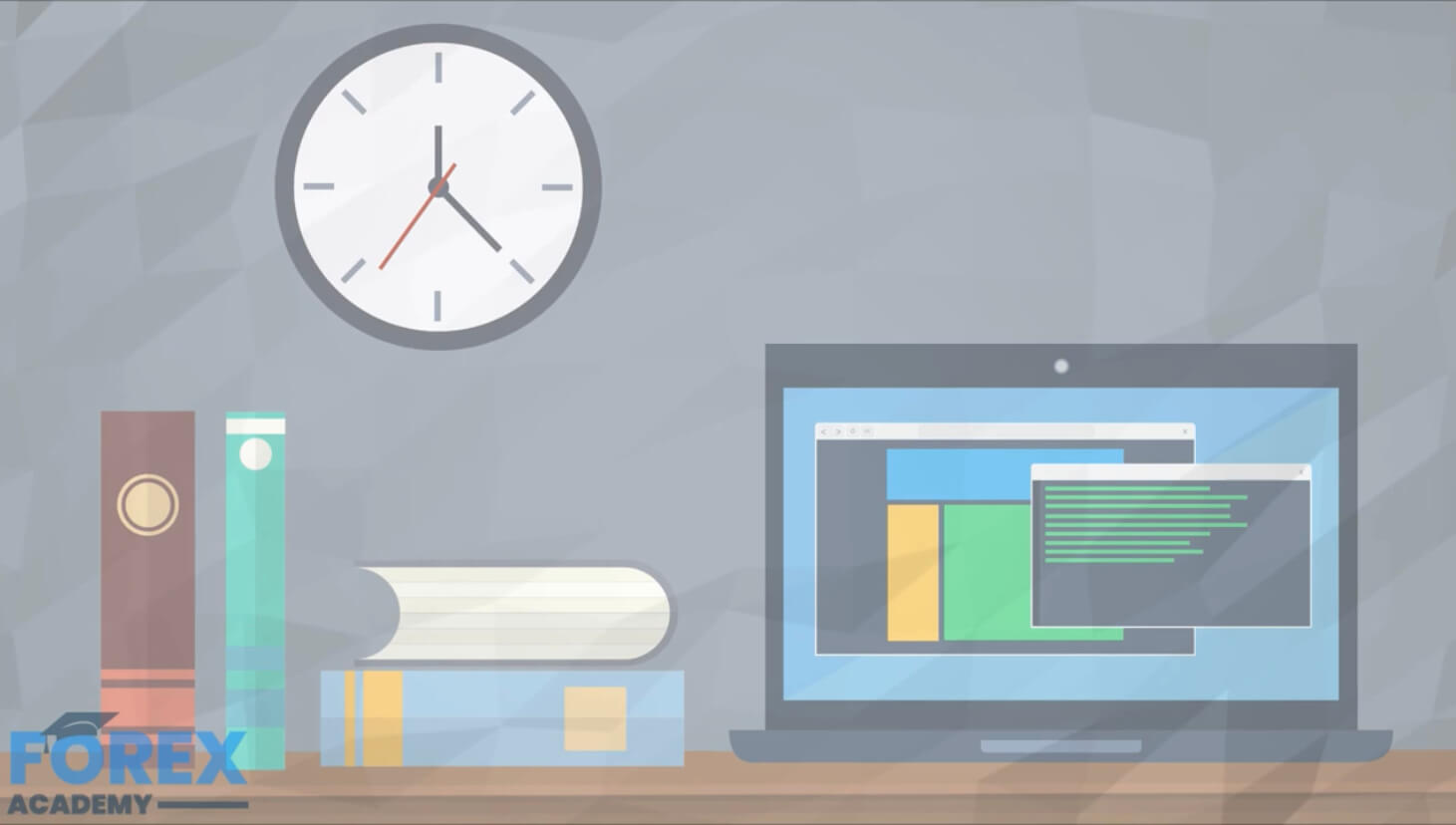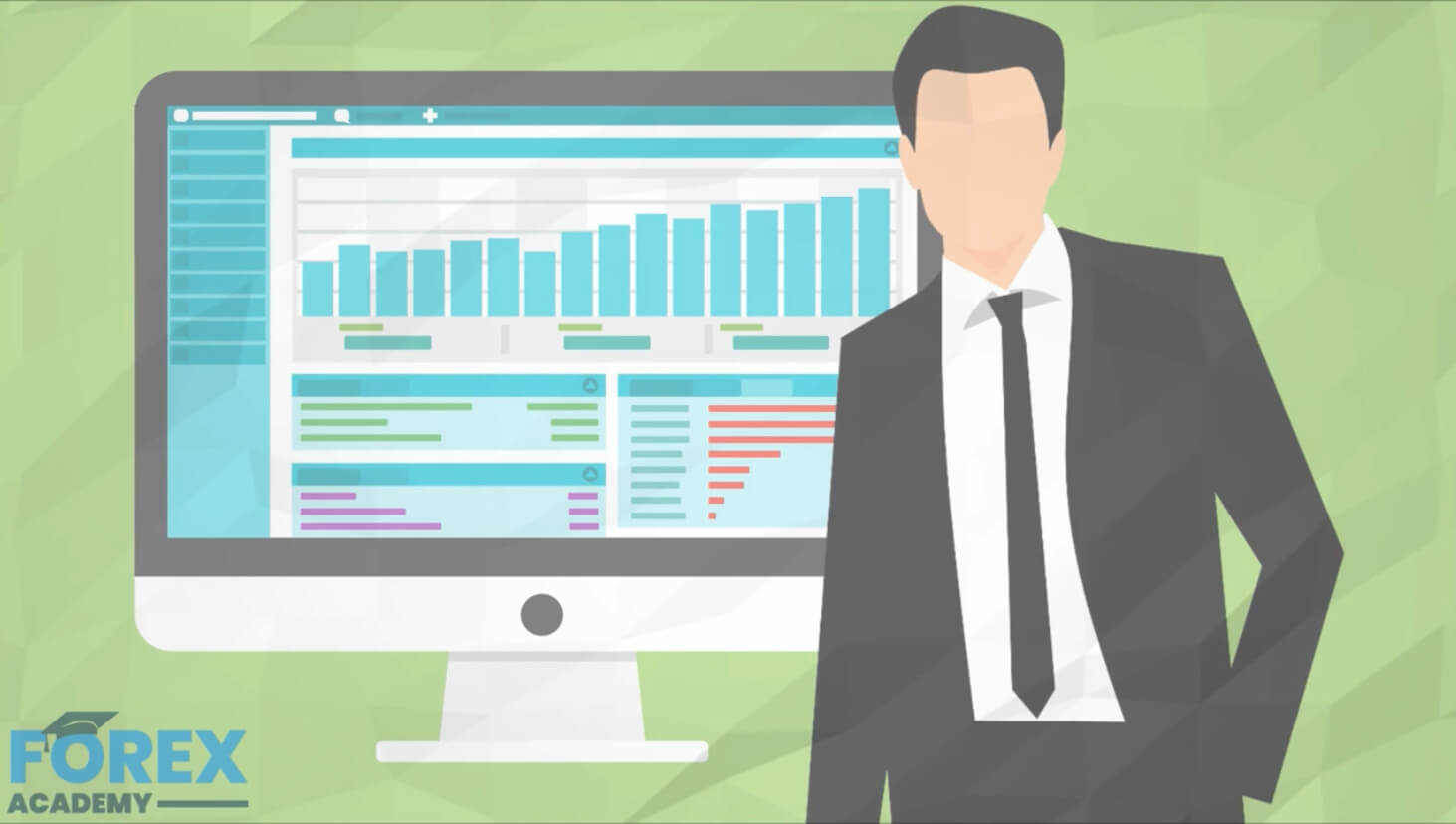Let’s be honest, we all came into trading thinking that we were going to be rich, that is simply the expectation that a lot of new traders come into trading thinking, they have seen all the advertising spells with the present but often hidden warnings about the number of people who lost money. Due to these adverts and people on social media, people feel that trading is easy and that they will make a lot of money very easily and very quickly Or there are those that know very little about it that see it as gambling or a risk to do. Both of these expectations come from what they see from the outside, yet when we get into the actual facts, things are very different in reality than they are in their expectations. We are going to be looking at some of the differences between the realities and expectations of trading.
The Work Involved
If you go onto social media you would get the impression that there isn’t really that much work to put in in order to make a bit of money, if you have watched a trading film, which is the only reference that a lot of people get, you will either think that there is an incredible amount of work or none at all. Either way, whatever your expectation is, it is probably wrong. Those coming into trading thinking that they won’t need to put on a lot of work will be in for a shock. There is in fact a lot of work involved. In fact, it can take a very long time to put on a single trade, if you want to be profitable then this won’t happen overnight. Instead, it will happen over months or even years for a lot of people. If you want to succeed then you need to ignore the idea that it is quick and easy and instead come to realize that you are going to have to put in a lot of time and effort.
Is It Gambling?
From the outside, forex trading can look like a bit of a gamble, let’s be honest, the markets will either go up or they will go down which makes it a 50/50 chance right? Pretty easy to guess then, well not exactly. The markets are influenced by hundreds of different things, each pulling the market in one direction or another, it is up to you to work out which way it will go. You cannot however simply guess, if you do that, you are pretty much guaranteed to lose overall. Instead, you are going to need to take your time to analyze all the different indications and influences of the markets. This will enable you to see which is the most likely direction that the markets will move in. This can then give you the best chance to trade correctly, so it certainly is not gambling. It is all about weighing up the different probabilities and then trading in the most likely direction.
Required Funds
Many people seem to be coming into trading thinking that they will be able to make a lot of money off a $100 account, this is simply not the case though. Much like with anything in life, you need money to make money, the larger your account is the more profits you will be able to make. Those adverts that are promising you that you will make $100,000 on a $100 account overnight are simply trying to scam you out of your money. If you want to make a lot then you will need to start with a lot. Otherwise, you will need to slowly build up your account over a longer period of time. If you have a $100 account then you can expect to make a few quid per week, not double it up every single week.
Winning Formula
There are hundreds of strategies out there, loads of variations of each one, so why some people come into trading looking for that magic formula that will make them profits all year round is very confusing. If there was one strategy that worked, then we would all be using it and all those other strategies simply would not exist. Not to mention the fact that if there was one strategy, the markets would simply cease to function, as everyone would be using the same strategy and putting on the same trades, meaning that the markets would come to a standstill. For this reason, there cannot be a single strategy that always works, instead, you need to learn a number of different ones in order to remain profitable all year round.
Is It Random?
The simple answer is no. The markets are far from random but they certainly look like it sometimes. From the outside it looks like they simply do what they want, moving up and down whenever they want for no apparent reason. When in reality there are a lot of different things that can cause them to be and to influence the way that it moves. Trader sentiment, news events, natural disasters, and economic data are just a few of the things that can influence it. When they do take effect, the directions and the effects can be predicted, however even though it can be predicted to a certain extent, it can also move out of sync, moving against what would be expected. This is why trading is not a guaranteed thing, while it can be predicted to an extent, it does have a very small essence of randomness to it, but not as much as it may look like from the outside.
Is It A Scam?
Another popular opinion amongst those that do not actually trade is that forex is basically a giant scam, it is full of people wanting to take your money and you can’t actually make any profits. The sad truth is that this is partly true, there are a lot of scammers out there, from traders, account managers, signal providers, and even brokers. There are ones that are there to simply take your money, but this is not what all of them are doing. There Are genuine people out there that are actively trying to help you to make money, there are some great brokers that are only there to help, signal providers offering genuine signals, you get the point. So while there are frauds out there there are also some great opportunities too.
Those are just a few of the expectations that we see people have and what is actually going on. There are some similarities in places, what we see is sometimes what we get, however, there are also a lot of differences, once you actually get into trading you will come to find that there will be a lot of differences in what you experience compared to what you were thinking you were going to get.



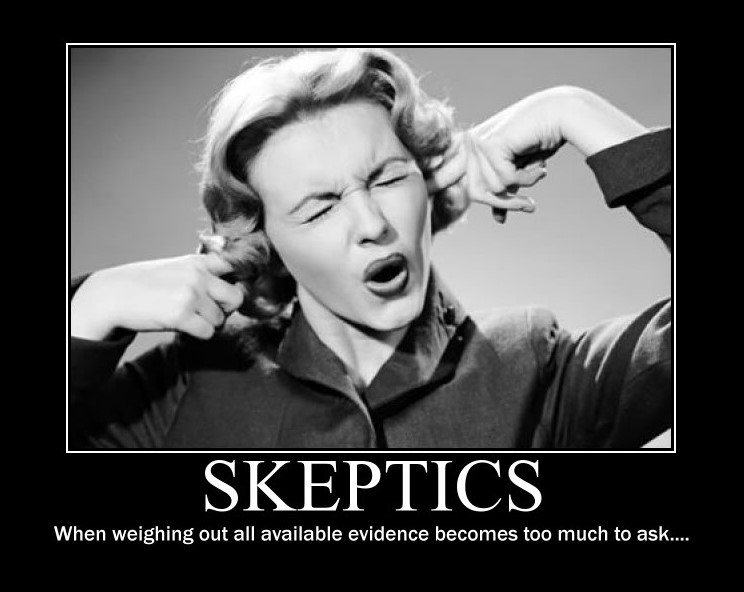





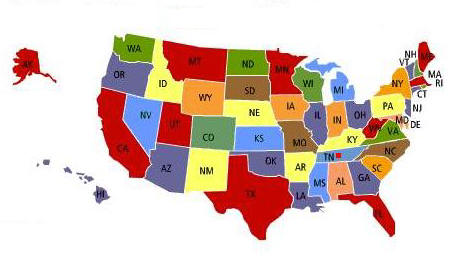 Many people, especially those that have seen some of the Hollywood or bigger films about trading and forex will often think that the USA is the center, it is where the most trading happens. When in reality, only around 19% of trades and trade volume takes place in the US, instead, the center of the trading world is actually London, it is predicted that 43% of all forex trading transactions take place in the United Kingdom, and London, making it the main hub for Forex trading.
Many people, especially those that have seen some of the Hollywood or bigger films about trading and forex will often think that the USA is the center, it is where the most trading happens. When in reality, only around 19% of trades and trade volume takes place in the US, instead, the center of the trading world is actually London, it is predicted that 43% of all forex trading transactions take place in the United Kingdom, and London, making it the main hub for Forex trading.
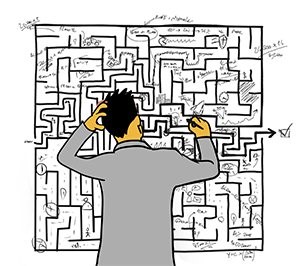 Forex trading is not hard, complicated yes, but not hard. We say this even with the knowledge that the majority of people that trade will lose money. People seem to put the term hard on everything these days, forex is not hard, it just takes time, and that’s for some people what makes things hard. Yet in reality, it is not hard at all, all you are technically doing is placing a trade, choosing whether it goes up or down and that is it, it is incredibly easy and quick to do. Yet people refer to it as being hard because of the amount of time and effort that you need to put in in order to be good at it and in order to know which way you should be placing your trade. Yet it is still not hard, it just takes time, time does not make things hard, hard shoulders mean that it takes a lot of effort in order to do the thing that you are trying to do, and that is playing the trade, which we have already discussed, is actually very simple.
Forex trading is not hard, complicated yes, but not hard. We say this even with the knowledge that the majority of people that trade will lose money. People seem to put the term hard on everything these days, forex is not hard, it just takes time, and that’s for some people what makes things hard. Yet in reality, it is not hard at all, all you are technically doing is placing a trade, choosing whether it goes up or down and that is it, it is incredibly easy and quick to do. Yet people refer to it as being hard because of the amount of time and effort that you need to put in in order to be good at it and in order to know which way you should be placing your trade. Yet it is still not hard, it just takes time, time does not make things hard, hard shoulders mean that it takes a lot of effort in order to do the thing that you are trying to do, and that is playing the trade, which we have already discussed, is actually very simple. Forex trading is not a scam, if it was there wouldn’t be over a trillion dollars being traded every single day. Forex is basically just a way of exchanging foreign currencies for each other. It has been happening for hundreds of years in one form or another and will happen for hundreds more. Businesses are run off of it and if it was a scam, the majority of businesses that we have today would have disappeared a long time ago.
Forex trading is not a scam, if it was there wouldn’t be over a trillion dollars being traded every single day. Forex is basically just a way of exchanging foreign currencies for each other. It has been happening for hundreds of years in one form or another and will happen for hundreds more. Businesses are run off of it and if it was a scam, the majority of businesses that we have today would have disappeared a long time ago. Many years ago this would be completely true, you used to need millions of dollars before you could even consider trading on the global forex markets, this made it so that only the biggest businesses and institutions could take part in the markets. These days though, this is certainly not the situation that we are in. These days anyone can trade, all that it takes is a computer or mobile phone, an internet connection, and a balance of as little as $10. That is all that you need to trade which is ridiculous and incredibly accessible. There are no more excuses available for it not being easy to get into. You can go from no account to your first trade being placed in the matter of about 10 minutes with some brokers. There are millions of people trading from their bedroom at home and things will only continue to get easier.
Many years ago this would be completely true, you used to need millions of dollars before you could even consider trading on the global forex markets, this made it so that only the biggest businesses and institutions could take part in the markets. These days though, this is certainly not the situation that we are in. These days anyone can trade, all that it takes is a computer or mobile phone, an internet connection, and a balance of as little as $10. That is all that you need to trade which is ridiculous and incredibly accessible. There are no more excuses available for it not being easy to get into. You can go from no account to your first trade being placed in the matter of about 10 minutes with some brokers. There are millions of people trading from their bedroom at home and things will only continue to get easier.












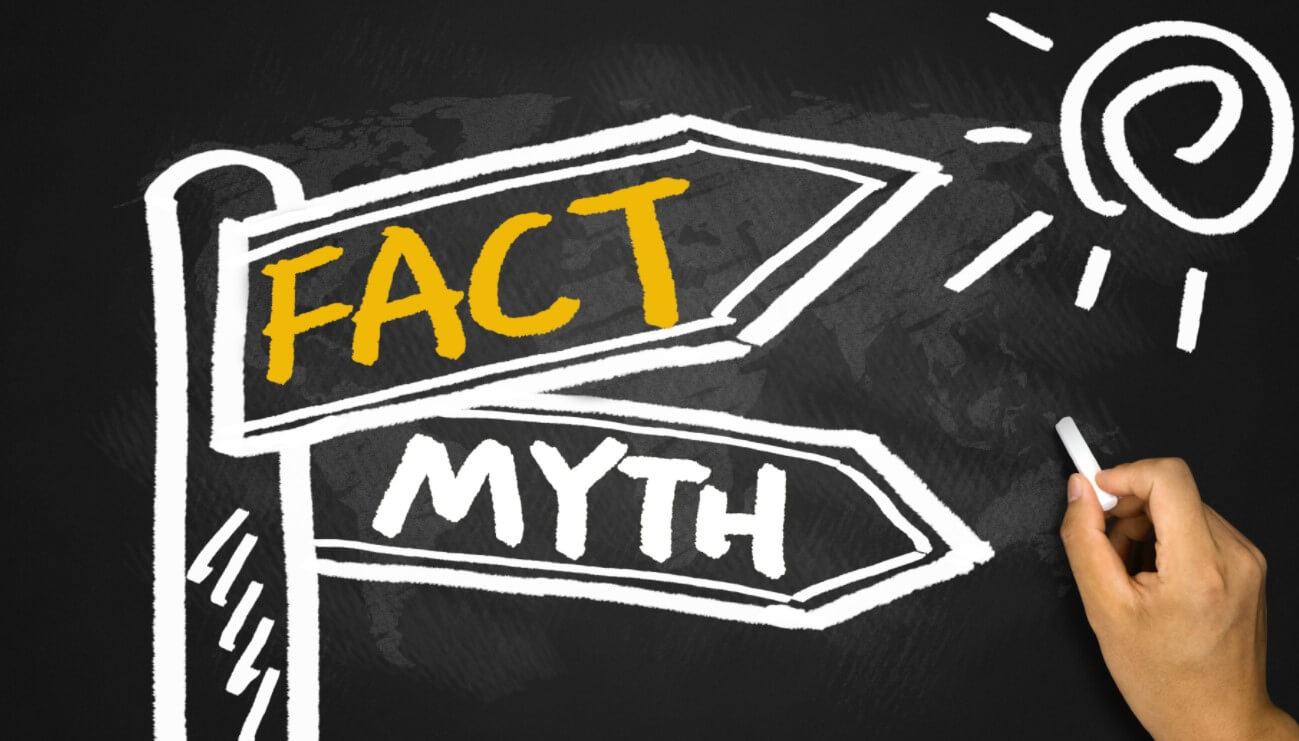


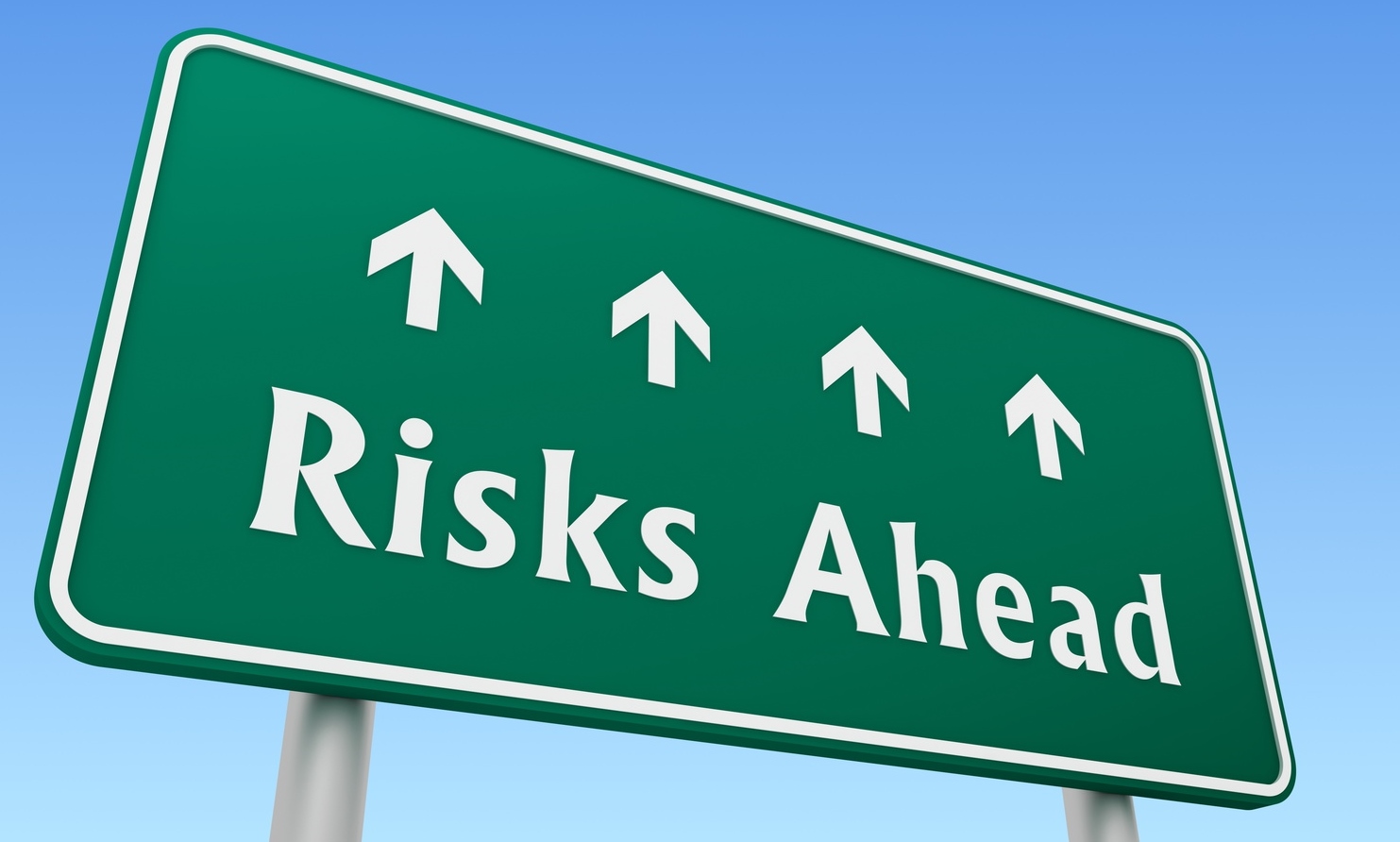
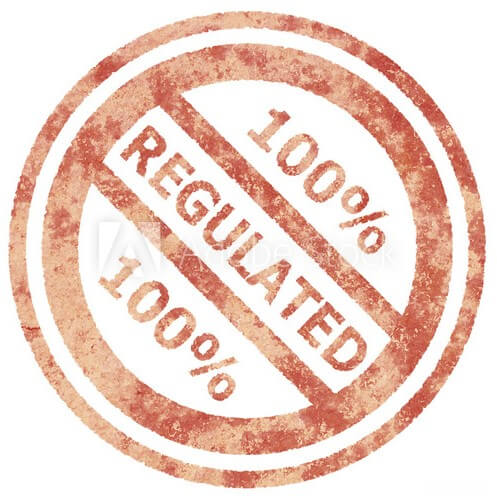 Choosing the right broker when trading is vital, it needs to be one that you can trust, and that has a decent reputation. What many people will tell you will be to go for a
Choosing the right broker when trading is vital, it needs to be one that you can trust, and that has a decent reputation. What many people will tell you will be to go for a 

